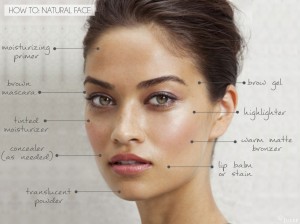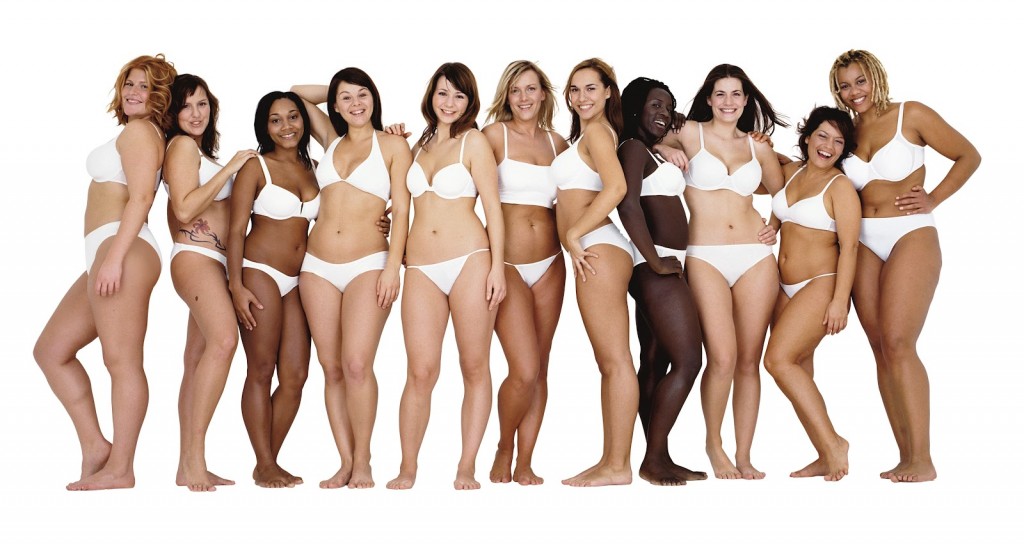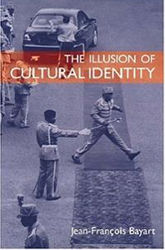 Photo credit: www.julep.com
Photo credit: www.julep.com
“Your Turn” is a new, ongoing feature at Culture on the Edge, in which we just plant the seed by picking a ripe e.g. and then soliciting and responding to your analysis.
When I was twelve, I remember spending my birthday money on a “how-to” book on makeup application. I became particularly adept at “polka dot party makeup” (or a technique called something similar to that) wherein I dotted my eyes with black eyeliner in a way that I now realize probably resembled malignant freckles.
Despite my tender age, I remember recognizing at the time that there was some irony in the fact that the book featured a “natural look” section designed to help the makeup novitiate achieve a flawless “natural” state through the help of cosmetics. In the case of the photo above, this particular “natural look” is achieved through the purchase of the cosmetics sold through the website, and the photo supports an article on the same topic. Another related article tells the reader how to achieve a “no-makeup” look with — yes — makeup.
Many might (rightfully) comment that for those of us interested in the strategies of identity, this is nothing other than a misogynist attempt to reinforce beauty standards that not only consistently denigrate women but that also seriously limits them by locating their value in their looks. While all of this is true, there are other interesting identity markers at play in these articles that make them appealing reading.
What do you see here? How is a “natural” identity constructed?
It’s your turn.

 Almost ten years ago, the folks at Dove personal care products created quite a stir with their “Real Beauty” campaign. The photo above became one of the iconic emblems of Dove’s self-described attempt to change the definition of beauty to include “real bodies,” perhaps better defined as the bodies of average women. While Dove’s initial goal with this campaign was to “widen the narrow definition of beauty,” it has lately described a shift in focus onto building female self-confidence and self-esteem, calling the latest incarnation of its work “an unprecedented effort to make beauty a source of confidence, not anxiety.”
Almost ten years ago, the folks at Dove personal care products created quite a stir with their “Real Beauty” campaign. The photo above became one of the iconic emblems of Dove’s self-described attempt to change the definition of beauty to include “real bodies,” perhaps better defined as the bodies of average women. While Dove’s initial goal with this campaign was to “widen the narrow definition of beauty,” it has lately described a shift in focus onto building female self-confidence and self-esteem, calling the latest incarnation of its work “an unprecedented effort to make beauty a source of confidence, not anxiety.”  “This discourse on an entirely reconstituted, fantasized past is first of all a critical commentary on the present. In other words, it is bitterly disputed. Thus the restoration of works of art elicits virulent public debate, such as that which accompanied the restoration of the Sistine Chapel. The
“This discourse on an entirely reconstituted, fantasized past is first of all a critical commentary on the present. In other words, it is bitterly disputed. Thus the restoration of works of art elicits virulent public debate, such as that which accompanied the restoration of the Sistine Chapel. The